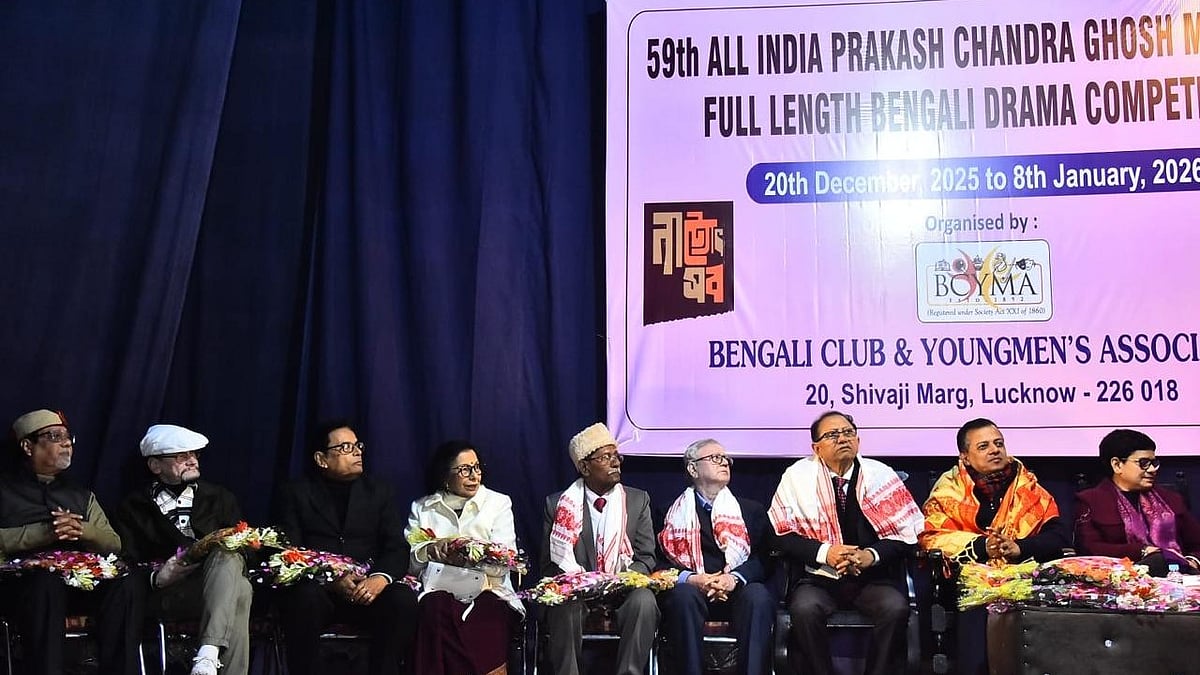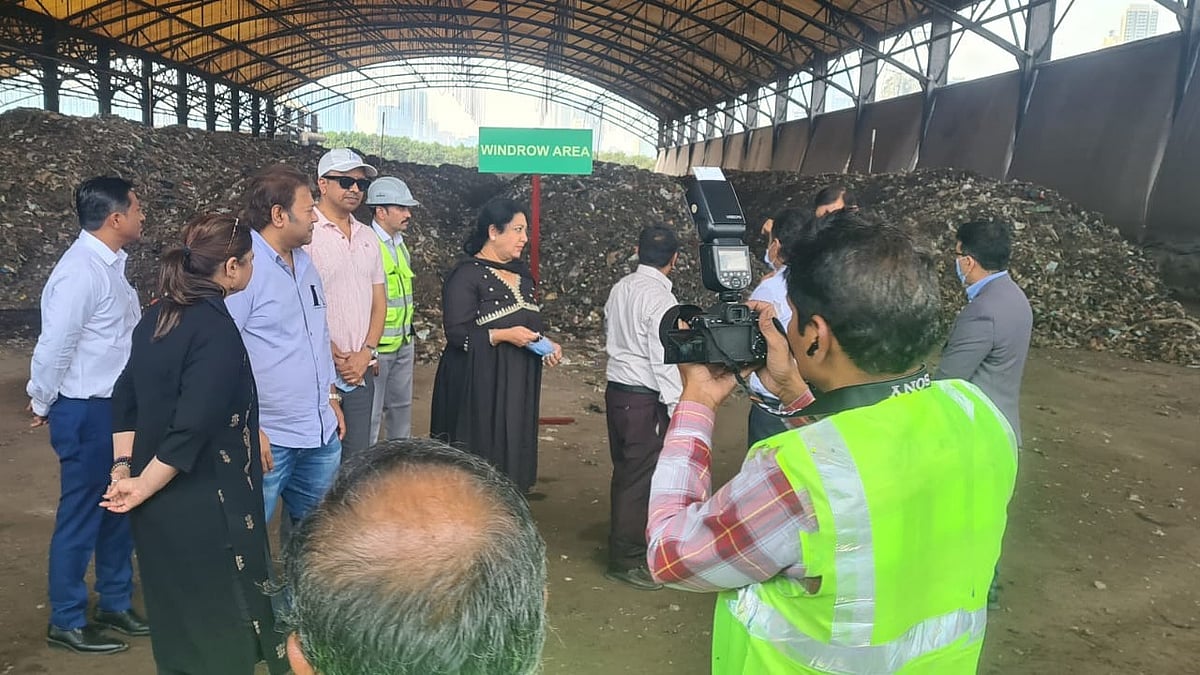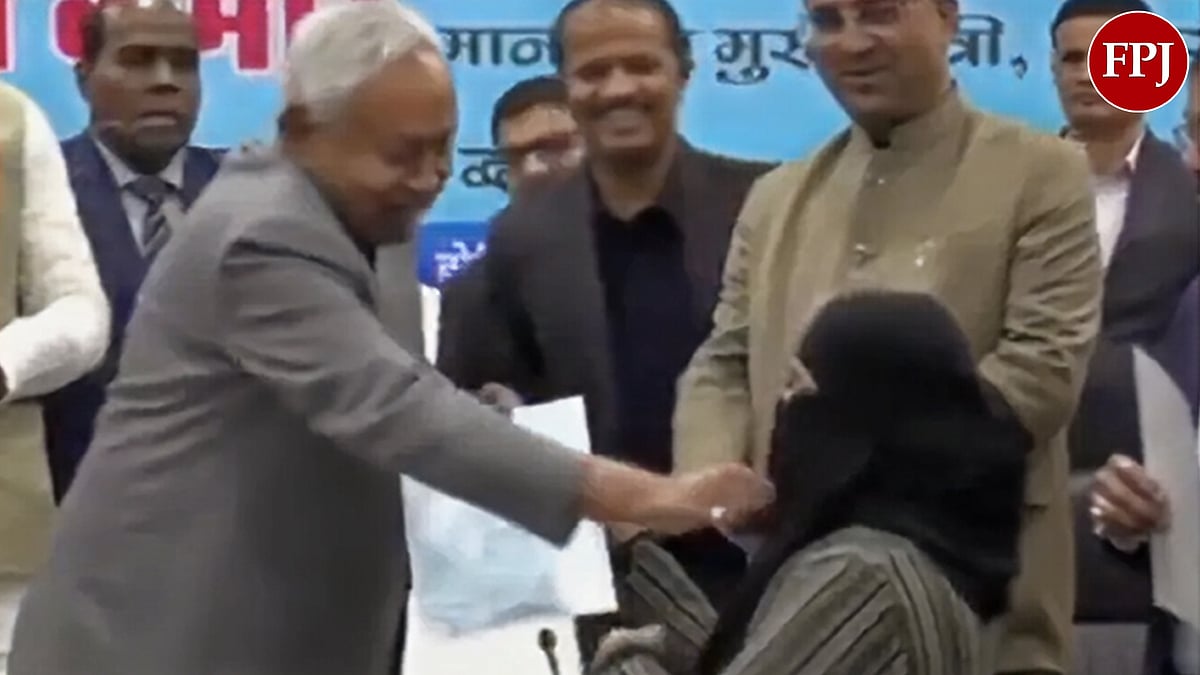The state of Manipur, known for its breathtaking beauty, has been facing a multitude of crises that have left a lasting impact on its society, politics, and economy. Manipur, over the years, has been confronted with a plethora of challenges ranging from ethnic conflicts, insurgency movements, socio-economic disparities, and a persistent clamour for greater autonomy. In today's column, the crisis that has been plaguing Manipur, its underlying factors and consequences, and the pressing need for collaborative action to bring about a resolution that can pave the way for peace, prosperity, and development in this area will be analysed.

The recent spate of conflicts between the Kuki and Meitei communities in the state has brought to light the inadequacies of the state government and the central authorities in implementing effective policies. In these tumultuous times, a growing chorus of voices is calling for the removal of Chief Minister N Biren Singh and the imposition of President's rule. Regrettably, the central government has yet to take a decisive stance on this pressing matter. In a surprising turn of events, the central government, known for its resolute decision-making, has recently shifted to a more cautious approach to observing and evaluating the situation. The political turmoil in Manipur has reached a critical point, resulting in devastating consequences for its citizens. Tragically, the loss of life has become a daily occurrence. Currently, there have been more than 100 fatalities, and more than 50,000 people have been displaced. In the aftermath of this tragedy, many have been compelled to seek shelter in camps or other accommodations as they strive to reconstruct their shattered lives. At this juncture, the gravity of the situation cannot be overstated, as even military convoys are being audaciously targeted.
The silence of Prime Minister Narendra Modi on the ongoing crisis has left intellectuals, civil society members, residents, activists and Opposition leaders wondering. It appears evident that the BJP wishes to extinguish the flames of discord, yet the party seems to lack the necessary acumen or inclination to achieve this objective. While the central government's move to engage with citizens through Home Minister Amit Shah is commendable, the question that arises is: what is the next step? It is perplexing to fathom how the central government can anticipate that a solitary visit by the Home Minister, without rigorous follow-up from a decision-making authority, will effectively address the issue.
The diverse state of Manipur boasts a multitude of ethnic communities, each with their own unique cultural, social, and political ambitions. Throughout history, inter-ethnic tensions and disputes over land, resources, and identity have frequently resulted in violent confrontations. The ongoing clashes between various communities in the region, including the Meiteis, Nagas, and Kukis, have resulted in significant loss of life and displacement.

Throughout its history, the state has been marked by the emergence of various insurgent groups that have sought greater autonomy, self-determination, or even secession from India. The aforementioned groups have taken to armed conflict, leading to hostile clashes with government and law enforcement personnel. The prolonged insurgency has fostered an atmosphere of instability and insecurity. One would have hoped that the present political administration would have taken into account the intricacies of the matter and endeavoured to address the issue from its very foundation. However, as the clashes erupted, it became apparent that the current state administration not only lacked preparedness in handling the situation, but also suffered from a dearth of on-the-ground knowledge, acceptability and credibility among the populace. The current administration under Biren Singh appears to be facing a state of confusion and disarray.
The Centre must quickly realise the profound importance of the state’s geopolitical position. The strategic placement of Manipur, nestled between Myanmar and Nagaland, has rendered it susceptible to a host of security challenges, including cross-border movements, smuggling, and arms trafficking. The region’s violence has been further intensified by the infiltration of armed groups and illegal activities, which have been made possible by the porous borders. As with numerous other states in the Northeast region, Manipur is confronted with socio-economic inequalities and a dearth of progress, an undeniable reality. The current state of affairs in our society is marked by a glaringly uneven allocation of resources, insufficient infrastructure, restricted availability of fundamental amenities, and a high rate of joblessness. These factors have contributed to a growing sense of dissatisfaction and disappointment among the populace, which in turn has fuelled a surge in unrest and violence.
To effectively tackle the issue of violence in Manipur, a holistic approach is imperative. It is essential to address the underlying causes of this problem. To achieve a harmonious society, certain key factors must be taken into account. These include fostering open communication, promoting reconciliation and inclusivity among diverse communities, addressing socio-economic disparities, bolstering governance and the rule of law, and tackling external influences. To attain sustainable peace, a multifaceted approach is required, encompassing political dialogues, developmental programmes, and endeavours to foster mutual trust and comprehension among all parties involved. The yearning for peace and a resolution to the ongoing conflict is palpable among the people of Manipur. It is imperative that the PM take a proactive stance considering the gravity of the situation. In the realm of governance, pragmatism is a virtue that cannot be overstated. A government that values practicality must always keep its doors open to dialogue, and not waver in the face of indecision. In these trying times, the need for a resolute and proactive Centre, led by the PM, cannot be overstated. The people of Manipur are yearning for a peaceful, empathetic, and prosperous future, and it is imperative that their aspirations are met with swift and decisive action.
The writer is a doctoral research scholar in media and politics. He tweets @sayantan_gh. Views expressed in this article are personal











